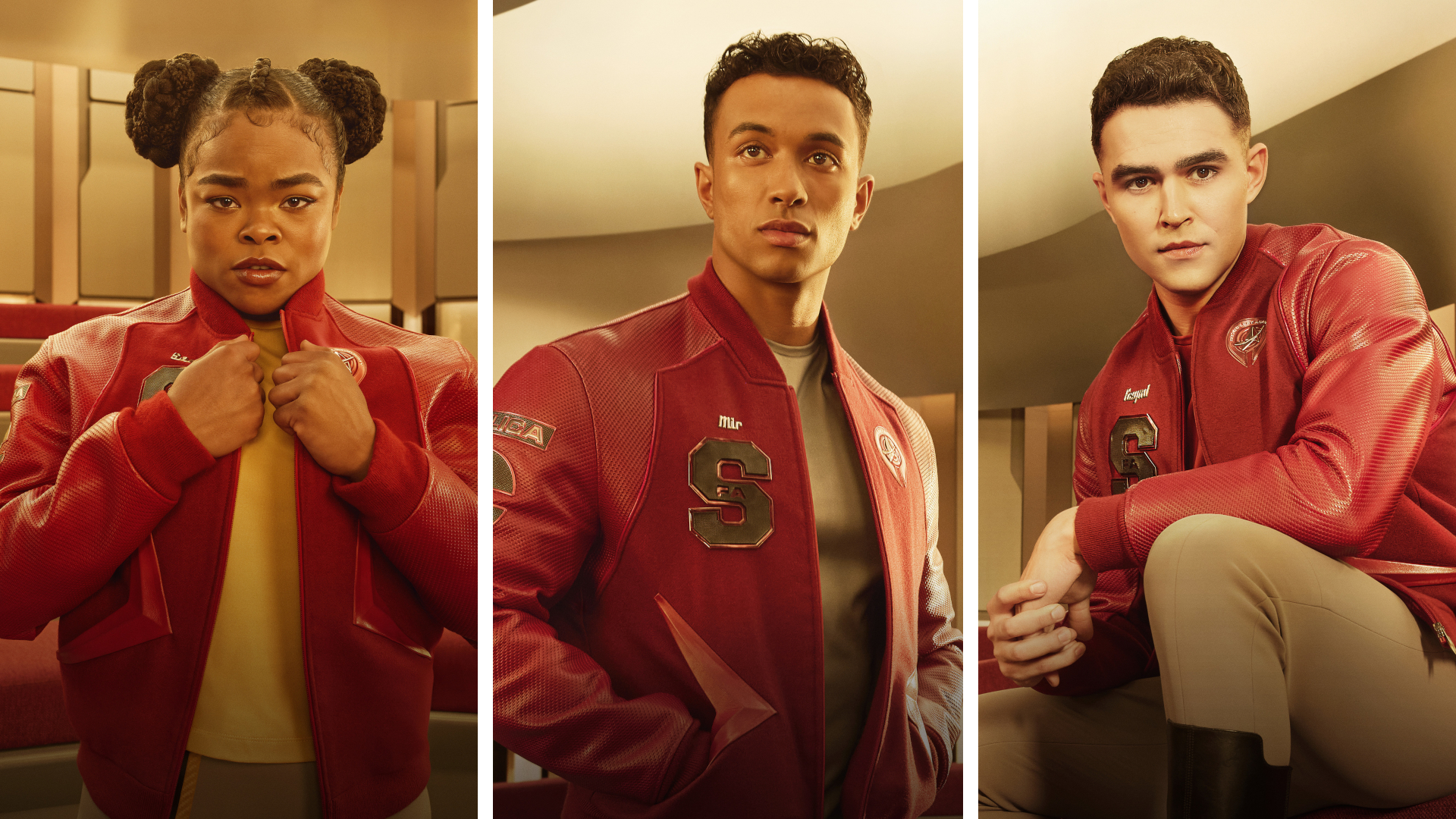Should you buy a DSLR camera?
With mirrorless cameras rapidly gaining popularity, is it still worth investing in a DSLR camera?
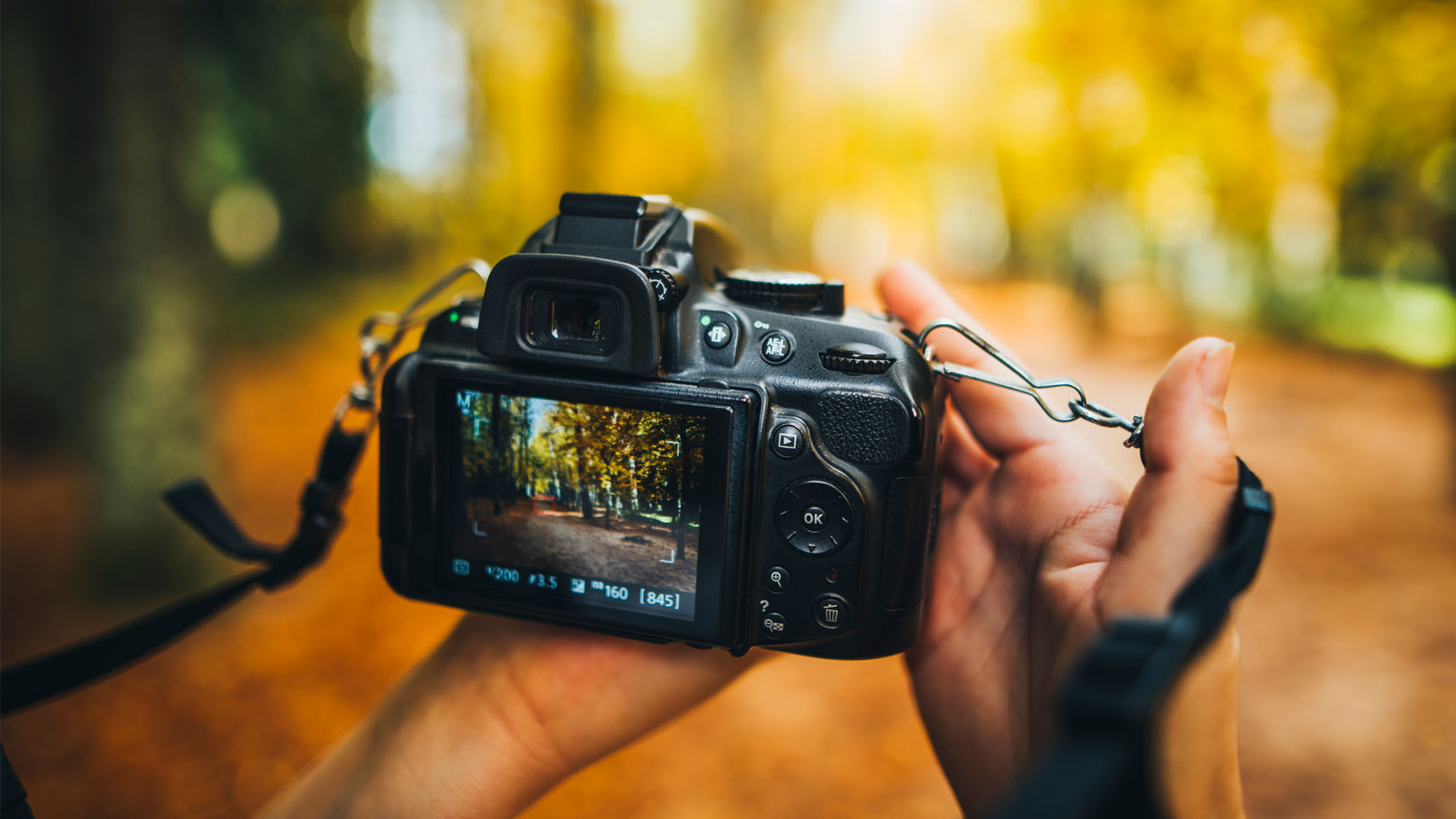
The DSLR vs mirrorless debate is a very thoroughly discussed topic in the photography world. Many photographers are switching to a mirrorless system, and it can often seem like DSLRs are getting left to gather dust with some manufacturers outright confirming that they' no longer going to produce DSLR cameras. So is it still worth buying a DSLR when many of the most popular camera brands are focusing more on their mirrorless systems?
While camera choice is subjective, we'll be looking at whether a DSLR is suitable for you and your photography needs. Highlighting some of the key differences between DSLR and mirrorless cameras, we'll be recommending the right DSLRs for any skill level and budget. We'll look at the advantages of buying from the used market to save money, and weigh up the pros and cons of purchasing a DSLR when looking into future-proofing your investment.
Why choose a DSLR camera?
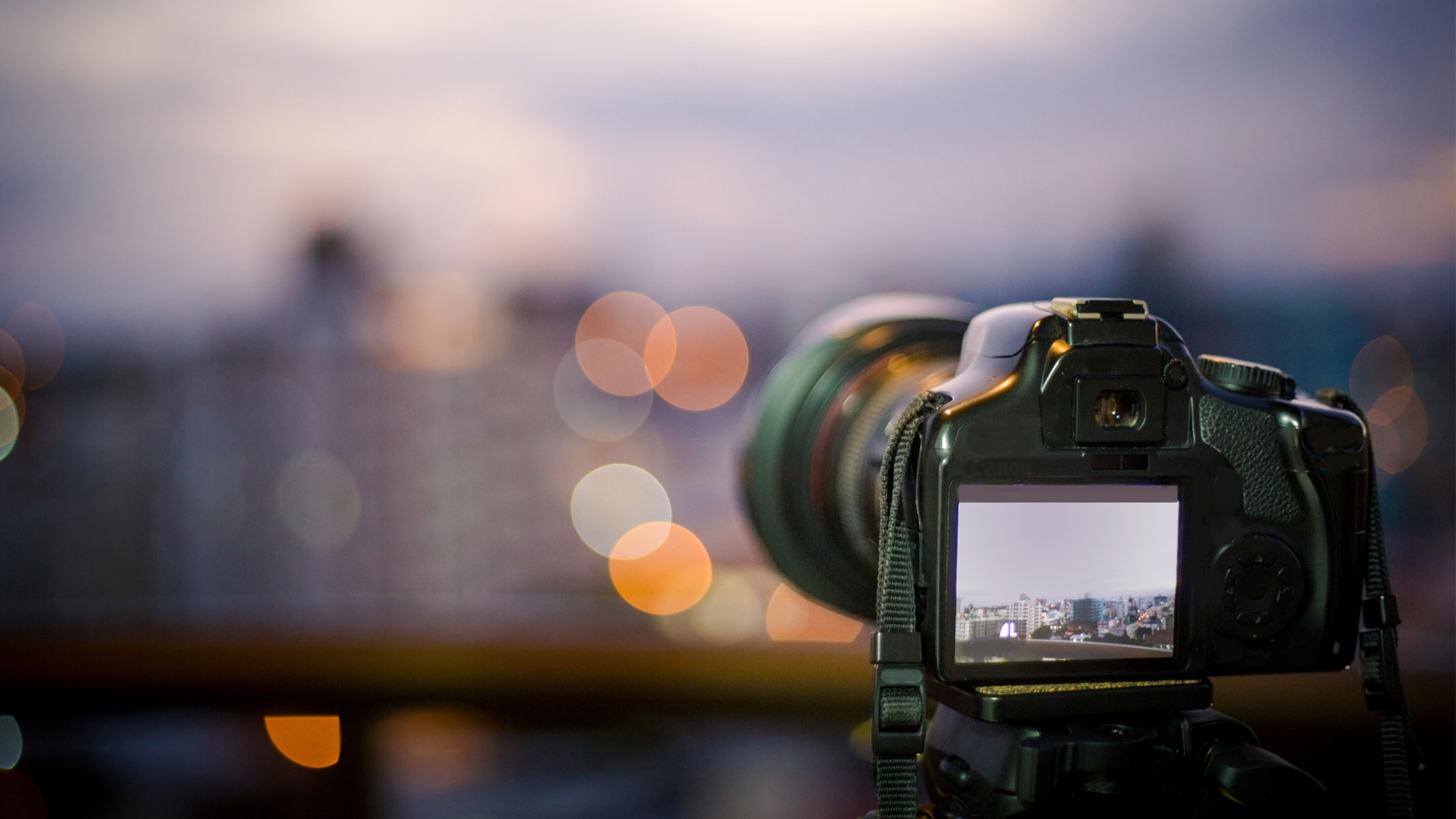
You may have heard people say things like 'DSLR is dead, mirrorless is the future,' but for many photographers, a DSLR is still a viable option. Essentially, the camera you choose to purchase is a very personal decision, and while there are pros and cons to both, there is no right or wrong regarding the DSLR vs mirrorless debate. Don't be put off by the rise and takeover of mirrorless. There is absolutely still a place in the market for DSLR cameras.
One of the most visible differences between DSLR cameras and mirrorless cameras is in size. DSLRs are significantly bigger and heavier than mirrorless cameras because of the complex mirror systems inside. Mirrorless can get away with being smaller as there is simply no need for them to be bigger than necessary because, well, as the name suggests, there's no mirror inside.
Many photographers frankly prefer DSLR cameras over mirrorless because they are bigger. Bigger cameras are often easier to hold and grip onto, perfect for larger hands. As mirrorless cameras don't need to be as big as the DSLR, many photographers who do make the switch to mirrorless often need to compensate for the lack of substantial hand grip, and they find themselves purchasing a separate grip that they attach to the camera to make it easier and more comfortable to hold.
Another advantage of the DSLR over mirrorless is the battery life, which can be a pretty important factor depending on what you predominantly shoot. DSLRs can be great for traveling with as they hold their charge remarkably well. With mirrorless cameras, there's more of a risk of running out of battery life when you're out in the field. Many photographers also still prefer the optical viewfinder to the LCD screen or electronic viewfinder that you find on mirrorless cameras.
DSLRs currently have a much more comprehensive range of lenses available as they have been around much longer than mirrorless. As many of the DSLR lenses are somewhat older, you can find some fantastic deals on them in the used market. Check out Wex or B&H Photo for tried and tested used products with a warranty.
Breaking space news, the latest updates on rocket launches, skywatching events and more!
With mirrorless cameras becoming increasingly popular, camera brands are putting more money and resources into improving mirrorless systems and technology. While the price for the newest DSLR vs the newest mirrorless cameras isn't all that different, you do seem to get more bang for your buck with mirrorless, particularly regarding all the features and specifications on offer compared to the DSLR. The real price difference comes in when you're looking at the used market or for older models.
Are DSLRs for everyone?
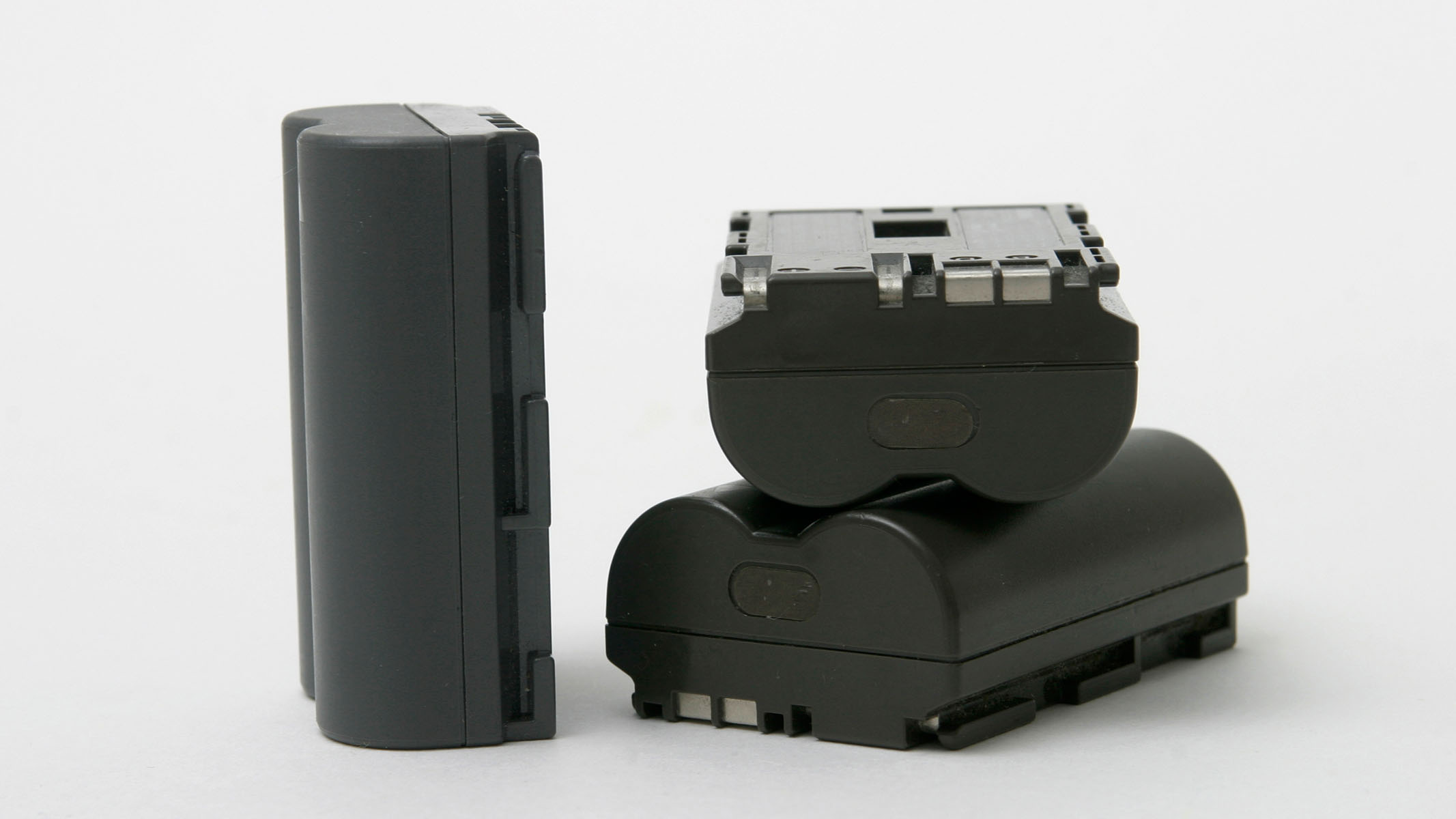
It can be a common misconception that, as DSLRs are decreasing in popularity, they are better suited to beginners or novice photographers. But there's a DSLR for every ability and every budget.
Entry-level and beginner photographers looking to hone their skills would do well with the Canon Rebel SL3/ 250D, while semi-professional and mid-range photographers may be more suited to something like the Nikon D7500. For professional photographers, Canon's most recent full-frame DSLR, the Canon EOS 1D X Mark III would be a great option, although very pricey. Many DSLR cameras have already been discontinued, but you'll be able to find some great deals for DSLR cameras on the used market and still get many years of use out of them. So if budget is your main concern, we'd recommend starting there.
What's happening with the future of camera manufacturing?
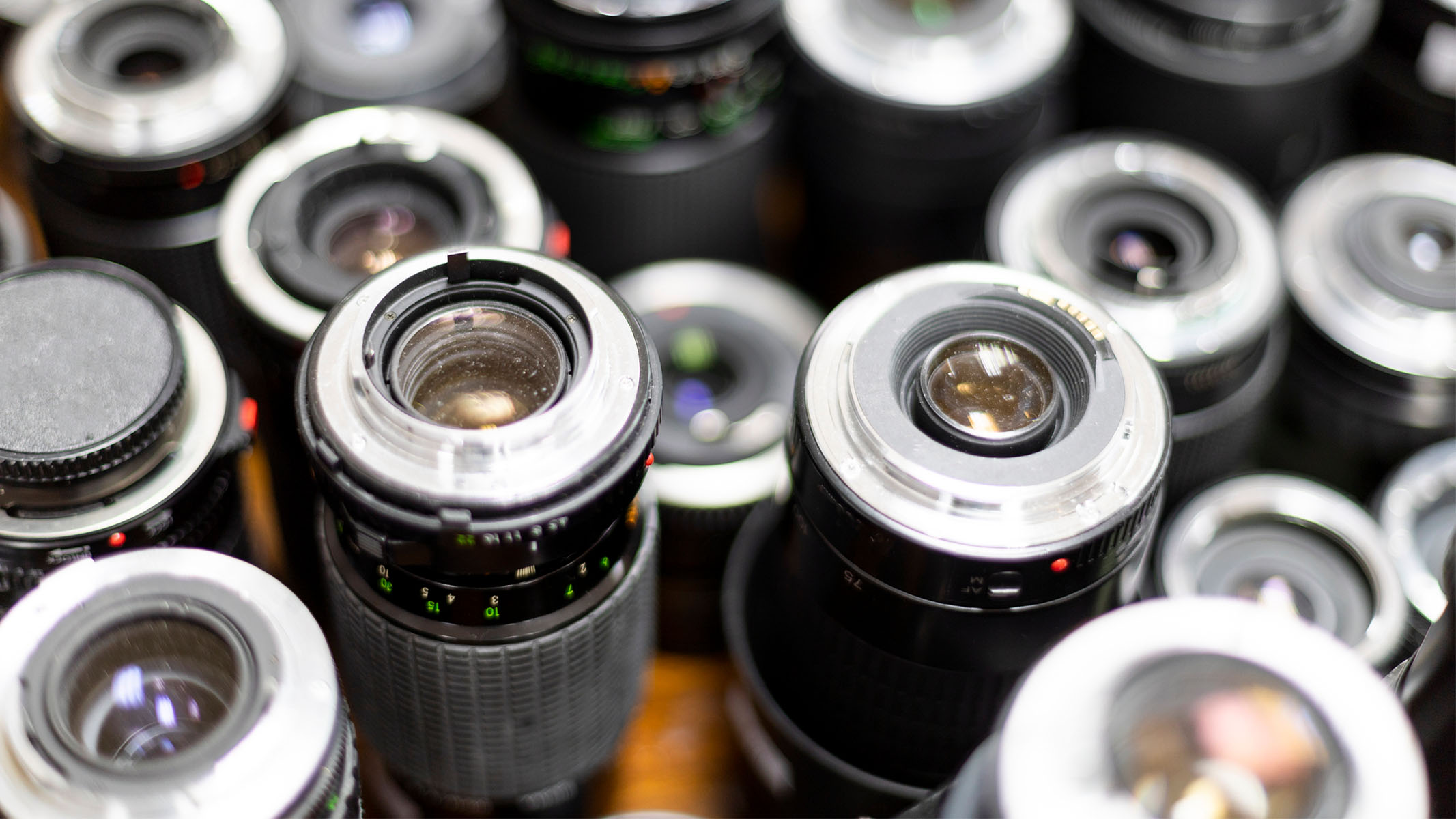
Many brands are starting to focus their attention on mirrorless systems, with Canon's CEO and Chairman, Fujio Mitarai, stating that Canon's most recent DSLR, the EOS-1D X Mark III which was released in 2020, will be their last flagship DSLR. While there are many reasons to get a DSLR, the DSLR system is not as futureproof as the mirrorless. With that in mind, if you are looking to invest in photography over time, and perhaps take it up professionally, buying a DSLR could limit the specifications and camera features available to you in the future with fewer DSLRs, lenses, add ons and accessories being manufactured and released. That said, there are literally decades of cameras, lenses, flash guns and accessories to choose from if opting for a DSLR.
Though you are more likely to have better luck with DSLRs in the used market, specifically the discontinued models, they don't hold their value for as long as mirrorless cameras do. At the time of writing this, the Canon 90D is on Best Buy for $1199 for just the camera body. But looking on eBay, the same camera is going for around $200-$300 less, and many listings also include a lens and other accessories.
Essentially, the answer to 'should you buy a DSLR' depends on what you want out of your camera, and how and when you're going to shoot with it. If you want something light and portable, consider switching to one of the best mirrorless cameras. But if you're after a camera that brings you back to basics with that classic shutter sound that we all know and love, opt for a DSLR.
- Related: Best DSLR cameras
- Related: Best Beginner Cameras
Follow us on Twitter @Spacedotcom or on Facebook.

Kimberley Lane is a landscape & seascape photographer living in South Wales. Originally using photography as a way to cope with health issues, she aims to portray a feeling of calm and peace through her images. Her work has been featured in a number of national photography magazines.
